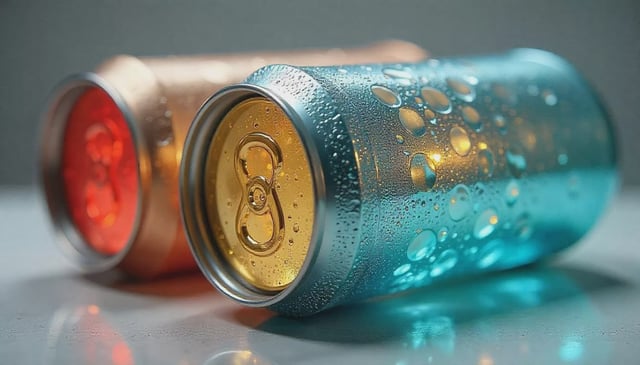Overview
- MIT researchers led by Aly Kombargi published a method that reacts recycled aluminum pellets treated with a gallium-indium alloy and seawater to generate hydrogen gas
- Life cycle assessment shows the technique emits only 1.45 kg of CO₂ per kilogram of hydrogen, nearly 90% less than fossil-fuel-based processes
- Hydrogen production costs are estimated at about $9 per kilogram, making it competitive with wind- and solar-powered green hydrogen
- The reaction produces boehmite, a high-value aluminum oxide used in semiconductors and industrial products, which could help offset overall costs
- The team demonstrated compact reactors powering an electric bike and envisions coastal fuel stations where aluminum pellets generate hydrogen on demand

